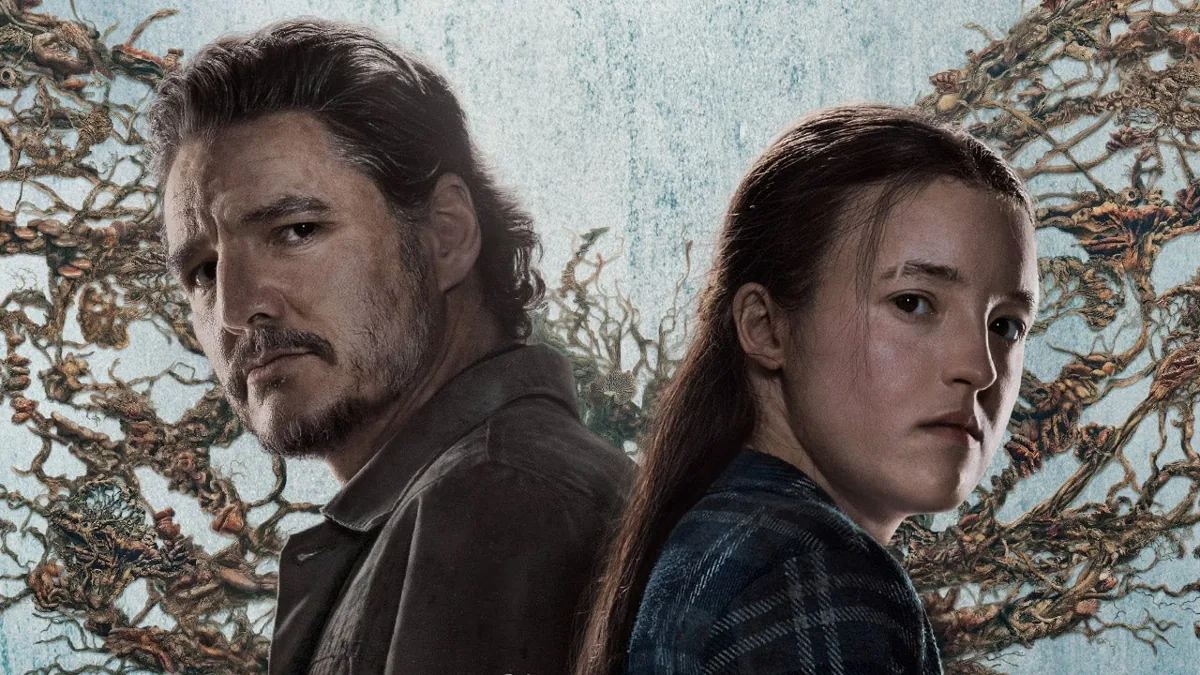
The Problem With The Last of Us Season 2: A Too-Faithful Adaptation That Falls Flat
Season 2 of HBO’s The Last of Us has sparked heated debate among fans and critics alike. While the show continues to impress with high production values and strong performances, its rigid loyalty to the source material is starting to show cracks. For many viewers—especially those who never played the games—this season has struggled to deliver a compelling narrative, instead relying too heavily on a story that was already polarizing in its original form.
A Protagonist Viewers Struggle to Root For
One of the biggest issues this season is Ellie. Unlike in Season 1, where her vulnerability and humor made her likable, Ellie in Season 2 feels like an entirely different character. She’s impulsive, angry, and often insufferable. Her frequent use of profanity and dismissive attitude toward others makes her come off more like a rebellious teenager than the emotionally scarred yet capable survivor fans were expecting. While a flawed protagonist can be compelling, The Last of Us doesn’t provide enough nuance or development to make Ellie’s downward spiral emotionally resonant.
An Adaptation That’s Too Literal
HBO’s decision to follow The Last of Us Part II nearly beat for beat is proving to be a double-edged sword. Fans of the game might appreciate the faithfulness, but for those unfamiliar with the source material, the pacing and character arcs can feel disjointed and unsatisfying. The game structure—Ellie’s Days followed by Abby’s Days—works in an interactive medium, where players engage firsthand with both perspectives. On television, this approach creates a lopsided narrative that fails to land emotionally, especially with a multi-year gap between seasons.
Missteps in Storytelling and Characterization
Some viewers have argued that Ellie’s character is being misinterpreted due to poor acting. In reality, the problem stems from weak writing and a lack of character development. Instead of giving her layers, the show reduces Ellie to a series of annoying traits: she’s petulant, reckless, and increasingly hard to sympathize with. Worse still, the show infantilizes her, stripping away the complex anger and trauma that made her game counterpart compelling.
Lost in Translation: What Works in a Game Doesn’t Always Work on TV
In the game, players experience the story from Ellie’s and Abby’s perspectives in a way that builds tension and empathy. On TV, that format doesn’t translate well. The show attempts to build mystery and intrigue, but the disjointed timeline and lack of emotional continuity undercut the intended impact. The audience is asked to wait potentially years to understand the full narrative, which is a risky and arguably misguided move for a television adaptation.
Missed Opportunities for Smarter Pacing
The show could have benefitted from interweaving Ellie and Abby’s stories. This would allow viewers to draw emotional connections and understand motivations in real-time rather than retroactively. Imagine ending the season with Ellie on the brink of vengeance and cutting to Abby’s confrontation with the consequences of her actions. That would have offered a stronger emotional payoff and more momentum going into Season 3.
Deviation Without Purpose
Ironically, some of Season 2’s weaker moments come when the show strays from the source material. Unlike the universally praised Bill and Frank episode in Season 1, the added scenes in Season 2 feel like filler. Prolonged sequences in Jackson, overwrought exposition, and shifted timelines only serve to muddle the story further. Instead of enriching the experience, these additions dilute the emotional impact of the original narrative.
Some Bright Spots, But Not Enough
There are glimpses of what Season 2 could have been. The expansion of Isaac’s character and his complex relationship with the Seraphites was a standout, offering a deeper look at the power dynamics within the WLF. But these moments are few and far between. The rest of the season feels like a watered-down version of the game, lacking the emotional gut punches and philosophical depth that made the original so divisive and memorable.
The Last of Us Season 2 Conclusion
Season 2 of The Last of Us suffers from an identity crisis. In trying to remain loyal to a controversial game, it alienates newcomers and frustrates longtime fans. Its protagonist is difficult to connect with, its pacing is uneven, and its narrative structure is better suited for interactive storytelling than passive viewing. While there are bright spots, they aren’t enough to elevate the season beyond mediocrity. If Season 3 is to succeed, the creators must learn that adaptation isn’t just about faithfulness—it’s about transformation. And The Last of Us Season 2 didn’t adapt so much as reenact.
Update: Brooo…





